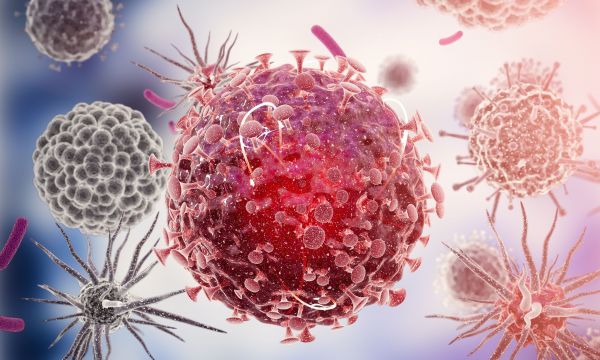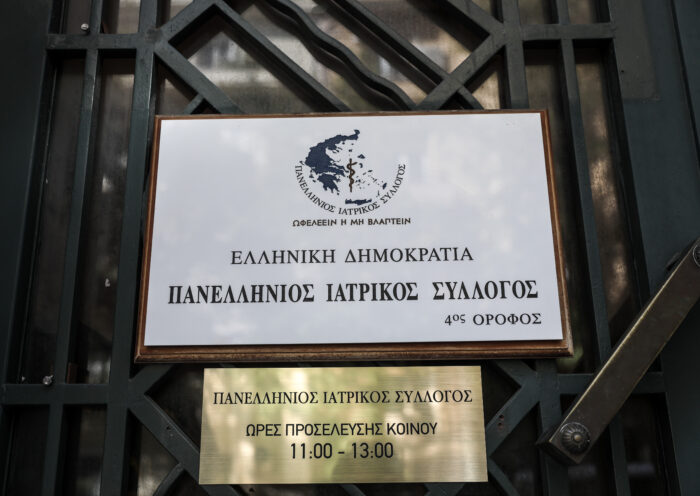Preventing Suicide in the Age of COVID-19
Philippe Courtet, MD, PhDa,b,c,*; Emilie Olié, MD, PhDa,b,c; Christophe Debien, MDd,e; and Guillaume Vaiva, MD, PhDd,e
Until the beginning of 2020, we believed that our modern societies had replaced microbial epidemics with behavioral epidemics such as depression, opioid use, and the most silent one, suicide. Contributing to these epidemics, as Jeste et al highlighted, the “lethal behavioral toxins of loneliness and social isolation increase the risk of mortality comparable with smoking and obesity.” This explains why in recent years the World Health Organization declared that social disconnection had become a major new public health challenge, and the United Kingdom created a Ministry of Loneliness! Ironically, our beloved globalization brought us a new dystopia, in which the fight against the coronavirus disease 2019 (COVID-19) epidemic is essentially based on social distancing all over the world, with perhaps half of humanity being in quarantine today. While loneliness is already highly prevalent in the general population, it is feared that it will be more pronounced during the COVID-19 outbreak quarantine, leading to dramatic effects on the most vulnerable people, including psychiatric patients. Psychiatrists must be cautious about the negative psychological consequences of quarantine in both the short term and long term.
…read more…
https://doi.org/10.4088/JCP.20com13370





